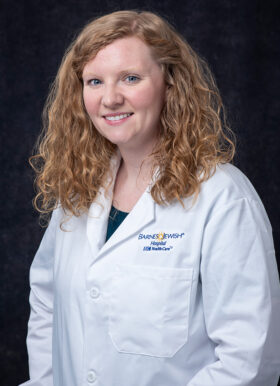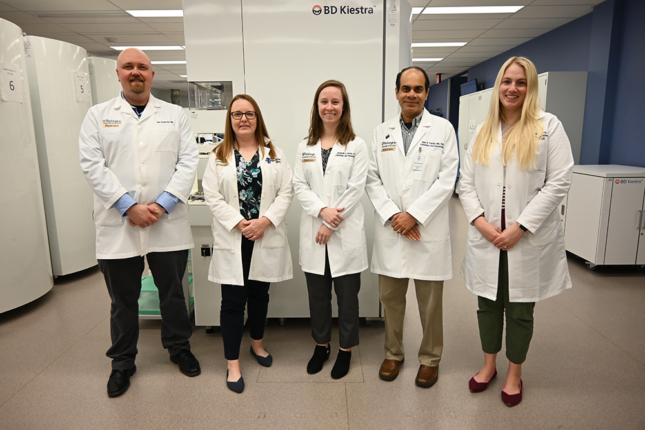
The clinical microbiology section of the Division of Laboratory and Genomic Medicine offers a postdoctoral fellowship in medical and public health microbiology. Graduates of the fellowship program are immediately eligible to sit for the American Board of Medical Microbiology (ABMM) examination and if successful, are qualified to direct Clinical Laboratory Improvement Amendments (CLIA)-certified clinical microbiology laboratories throughout the United States.
The fellowship in medical and public health microbiology has had more than 20 graduates since its inception in 2001 under the direction of Mike Dunne, PhD. All of our program graduates have successfully obtained board certification and are working in the field of clinical microbiology, working in positions in academic, private hospital, and reference laboratories and within industry and public health.
The fellowship training is roughly divided into two years and follows the “Essentials of Training” as prescribed by CPEP. In addition, we have individualized our program and added features unique to the strengths of Washington University School of Medicine and Barnes-Jewish Hospital. For example, we have incorporated rotations in clinical pharmacology, pediatric microbiology and infectious diseases (including general ID, bone and joint ID and transplant ID). In addition, we have an outstanding research environment and faculty and the potential for collaborations in a wide variety of areas, including the microbiome and pathogen genomics.
In addition to scheduled rotations, fellows attend meetings of the hospital antibiotic utilization committee, infection prevention committee and microbiology and antimicrobial stewardship group. They also participate in weekly adult and pediatric infectious diseases conferences, microbiology case conferences, microbiology management meetings and a didactic lecture series provided by microbiology faculty and fellows.
During the second half of their junior year and throughout their senior year, fellows participate in the call rotation where they interact on a daily basis with clinical staff to approve testing, answer questions and solve problems related to patient care as it pertains to clinical microbiology. Finally, during 2-3 months of their senior year, in the “acting director rotation,” fellows take responsibility for direction and management of the clinical microbiology and molecular infectious disease laboratories. In addition to training in clinical microbiology, fellows interact on a regular basis with pathology residents and fellows in clinical chemistry, transfusion medicine and molecular diagnostics. Microbiology fellows also participate in a number of laboratory medicine conferences. The result is a broad training experience with knowledge in all areas of laboratory medicine.
Training for the fellowship occurs in state-of-the-art facilities at Washington University School of Medicine/Barnes-Jewish Hospital/St. Louis Children’s Hospital. The laboratory is housed in newer facilities equipped with total laboratory automation, a wide variety of molecular diagnostics platforms, MALDI-TOF MS, and a BSL-3 laboratory. In addition to training at our facility, fellows participate in away rotations at the Wisconsin State Public Health Laboratory, St. Louis University, ARUP Laboratories and the Missouri Health Department.
Fellowship applicants must possess an MD, PhD, or other acceptable doctoral degree. Candidates who are not U.S. citizens or permanent residents must be eligible for a J-1, H1B or TN visa to be considered for this program. Permanent residents (green card holders) are eligible.
Applications are accepted each year from July 1 to August 31. Please apply through the CPEP website here – https://asm.org/Fellowships/CPEP.
Melanie L. Yarbrough, PhD
Program Director – Fellowship in Medical and Public Health Microbiology
Washington University School of Medicine
660 South Euclid Avenue, Campus Box 8118
St. Louis, MO 63110
myarbro@wustl.edu
Faculty
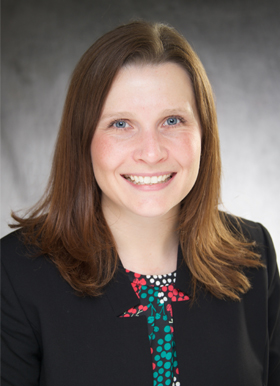
Carey-Ann D. Burnham, PhD, D(ABMM), FIDSA, F(AAM)
Professor of Pathology & Immunology, Molecular Microbiology, Pediatrics, and Medicine
- Email: cburnham@wustl.edu
Division: Laboratory & Genomic Medicine
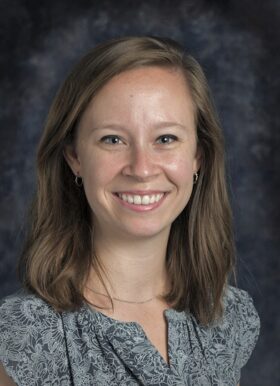
Rebekah Dumm, PhD
Assistant Professor, Pathology & Immunology
- Fax:
- Email: dumm@wustl.edu
Division: Laboratory & Genomic Medicine
Office of Faculty Development Representative
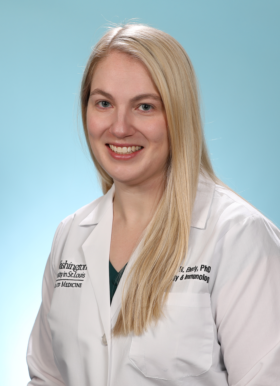
Allison R. Eberly, PhD
Assistant Professor, Pathology & Immunology
- Phone: 314-273-4885
- Fax:
- Email: a.eberly@wustl.edu
Division: Laboratory & Genomic Medicine
Office of Faculty Development Representative
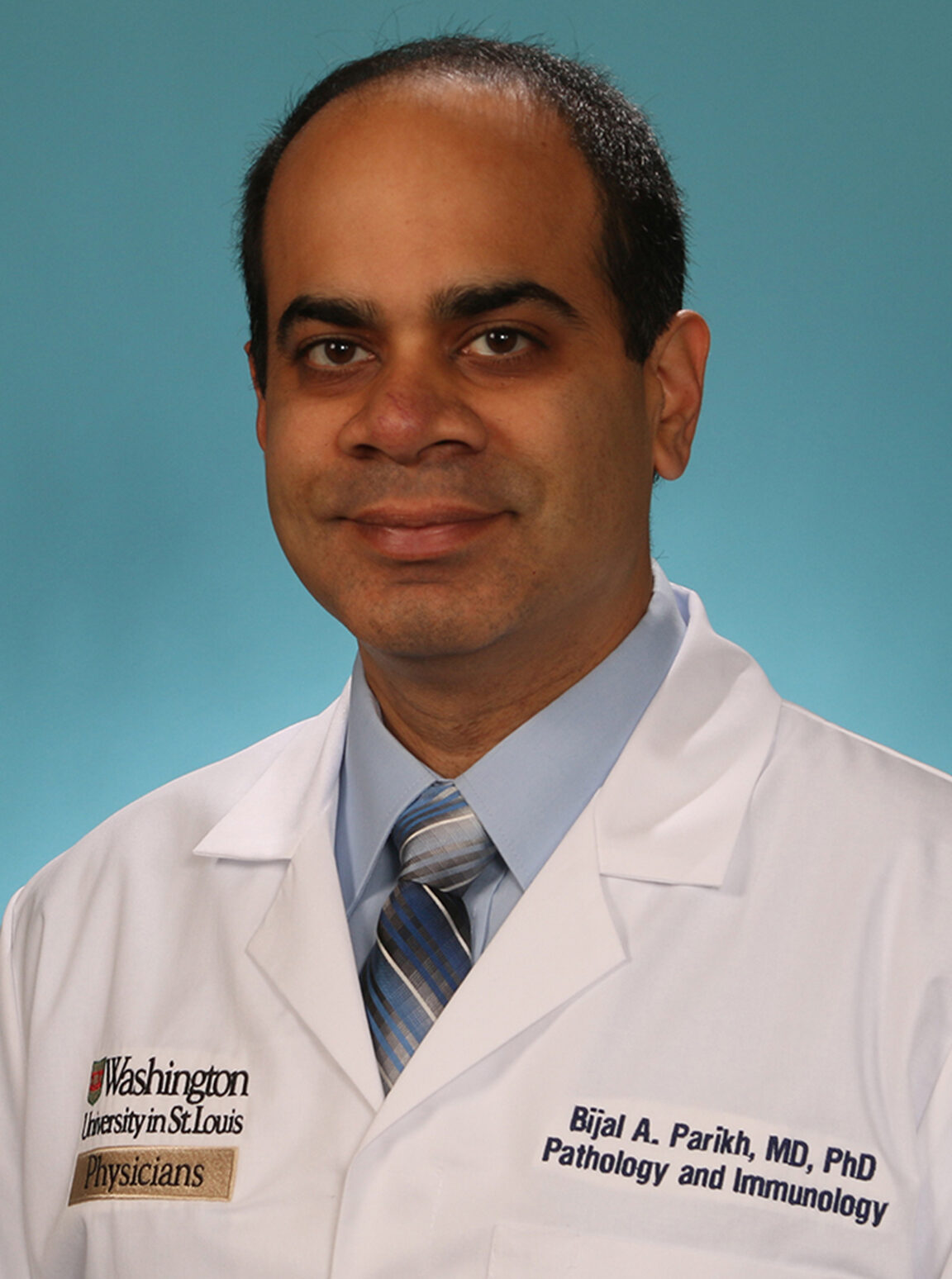
Bijal Parikh, MD, PhD
Associate Professor, Pathology & Immunology
Director, BJH Molecular Diagnostics Lab
Director, Molecular Genetic Pathology Fellowship
- Phone: 314-273-7926
- Email: bparikh@wustl.edu
Division: Genomic & Molecular Pathology
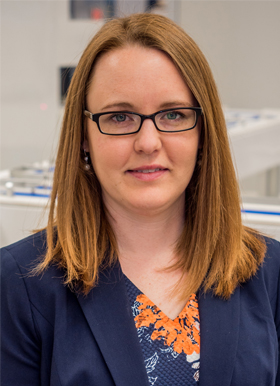
Melanie L. Yarbrough, PhD
Associate Professor, Pathology & Immunology
Medical Director, Microbiology, Barnes Jewish Hospital
Section Head, Microbiology
Director, Microbiology Fellowship
- Phone: 314-362-2669
- Email: myarbro@wustl.edu
Division: Laboratory & Genomic Medicine
Trainees
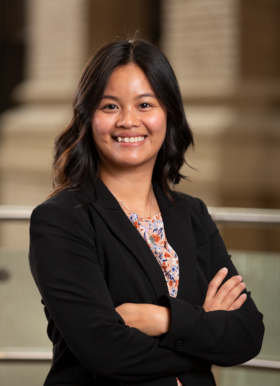
Tina Bui, PhD
Postdoctoral Research Associate, Pathology Research Collaborative
- Email: tina.b@wustl.edu
Contact information
Naomi Burr
Fellowship Program Coordinator
burr@wustl.edu
